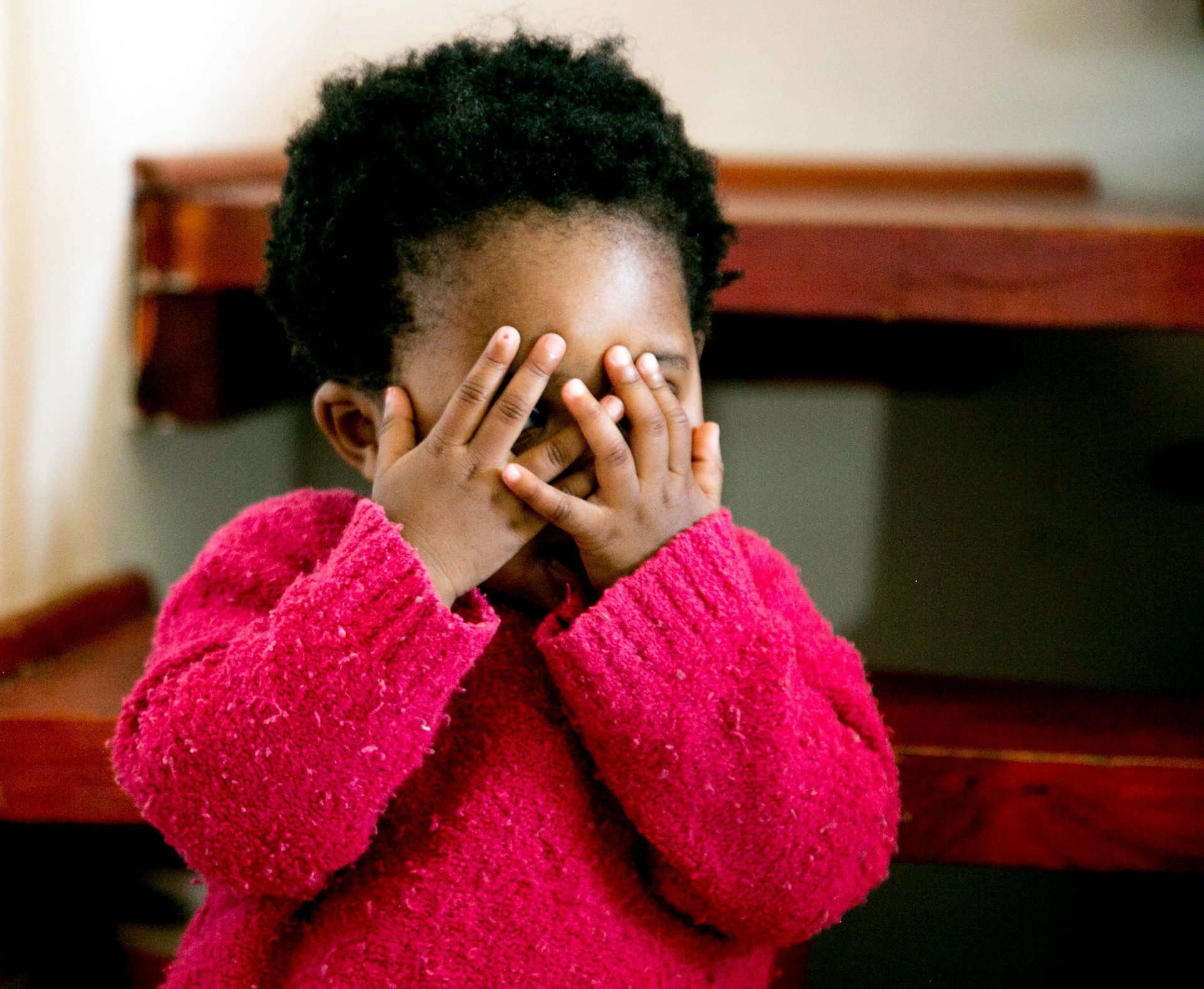
The Greatest Story You’ll Tell: Why Sharing Your Testimony Transforms Your Child’s Faith
Did you know that children who are raised by authentic parents, the ones who preach water and drink water, not those who preach water while drinking wine, tend to navigate life with remarkable resilience? This isn’t just a saying; it’s a truth backed by psychology and, more importantly, by biblical principle.
Many of us grew up with a different model. We were taught that parents must be pillars of unshakable strength, never showing cracks, never admitting fault. The goal was to be respected, but the unintended consequence was often a relationship built on performance, not authenticity. I’ll never forget the moment I realized my parents were human. It was jarring. For a time, it shook my foundation and altered my ability to trust them fully because the image I had of them was shattered. I wasn’t let into the real story.
The truth is, our children learn far more from what we do and who we are than from what we say. They are master observers of our character. This is why at the Paidion Foundation, we want to encourage you to embrace a powerful, transformative practice: sharing your testimony with your children.
The Biblical Mandate for Storytelling
This idea isn’t a modern parenting hack; it’s a ancient command from God Himself. Scripture is filled with directives to pass on our stories of faith and failure to the next generation.
“We will not hide them from their children; we will tell the next generation the praiseworthy deeds of the LORD, his power, and the wonders he has done... so the next generation would know them, even the children yet to be born, and they in turn would tell their children.” (Psalm 78:4, 6)
God’s design for discipleship, starting in the home, is built on narrative. He didn’t give Israel a list of cold facts; He gave them a story—a story of deliverance, rebellion, wilderness wandering, and promised redemption. Our family stories are microcosms of this grand narrative.
The Psychological Backing: Building Resilience Through Vulnerability
Parenting experts and psychologists echo this wisdom. Dr. Brené Brown, a renowned researcher on vulnerability, has found that embracing our imperfections and being courageous with our stories is the bedrock of true connection. When we share our struggles, we model that it’s okay to be imperfect. This does not diminish a child’s respect for us; it deepens it.
Sharing age-appropriate stories of our failures teaches crucial executive functions like problem-solving, emotional regulation, and perseverance. A child who hears how their parent failed a test, lost a job, or struggled to make friends—and then overcame it—internalizes a powerful message: "My mistakes do not define me. I can get back up. Struggle is a part of growth, not the end of it."
What Does This Look Like in Practice?

This isn’t about burdening your child with adult problems. It’s about curated, age-appropriate authenticity.
- Share Your Successes and Your Failures: Tell them about the championship you won, but also about the time you didn’t make the team. Tell them about landing your dream job, but also about the interviews that went poorly. This teaches them that life is a mixture of both, and our worth isn’t tied to our performance.
- Share Your Mistakes and Lessons: “When I was your age, I sometimes struggled to tell the truth, and it got me into a lot of trouble. Here’s what I learned about the importance of integrity…” This disarms the power of shame and makes you a safe person for them to confess to.
- Share Your Present Struggles: “You know, I’m feeling a bit anxious about a project at work right now. So, I’m going to pray about it and trust that God will give me peace. Would you pray for me too?” This shows them how to actively rely on God in real-time.
- Share Your Spiritual Journey: This is the heart of it.
- The Highs: “I remember when I was praying desperately for Grandma’s health, and I felt God’s peace wash over me in the hospital room. It was the most comforted I’ve ever felt.”
- The Lows: “There was also a time I prayed for a friend to be healed, and they weren’t. I was angry and confused at God for a long time. I had to learn that His ways are higher than mine, and He is good even when I don’t understand.”
- The Faith Lost and Found: “I once went through a season where I felt far from God. I stopped reading my Bible. What brought me back was a friend who simply loved me and reminded me of God’s promises.”
We often operate from a place of fear, believing we must protect our children from every hurt. But the enemy uses fear to isolate and silence us. Scripture reminds us:
“For God has not given us a spirit of fear, but of power and of love and of a sound mind.” (2 Timothy 1:7)
When we parent from a place of faith—faith that God is in control, faith that our vulnerability will build strength, faith that our stories have power—we disarm the enemy’s tactics. Our children will encounter challenges. Life will not always be kind. But when they have a mental library of your stories—stories of overcoming, of relying on Jesus, of getting back up—they have a roadmap for their own struggles. Even better, they will see you as a guide and will one day come to you and say, “I’m going through something. How did you get through it?”
The Source of It All: Abiding in Christ
This level of authentic parenting doesn’t come from our own strength. It flows from our relationship with the Father.
“I am the vine; you are the branches. If you remain in me and I in you, you will bear much fruit; apart from me you can do nothing.” (John 15:5)
When we abide in Christ, the outflow of that relationship is grace, wisdom, and patience in our parenting. We learn to seek and listen for His voice, and He guides us into all truth—even truths about how and when to share our stories with our children.
The beautiful promise is that we don’t have to direct our own paths, or perfectly direct our children’s.
“Trust in the LORD with all your heart and lean not on your own understanding; in all your ways submit to him, and he will make your paths straight.” (Proverbs 3:5-6)
Since leaning into this truth, parenting has become a journey of grace, not anxiety. I know that God will give me the strength and wisdom I need for tomorrow’s challenges, so I can rest today. And you know what? The relationship with my child is richer, more honest, and more joyful for it.
Your story—the beautiful, messy, redeemed story that Jesus is writing with your life—is the greatest gift you can give your child. Start sharing it.




